
Nigeria’s Constitutional Review: Spotlight on Citizenship by Investment and Religious Courts Bills

Nigeria’s 10th House of Representatives Committee on Constitution Review held its inaugural citizens’ engagement session at Abuja’s Transcorp Hilton Hotel. Led by House Speaker Tajudeen Abbas and Deputy Speaker Benjamin Kalu (also Chairman of the Committee), the event set the tone for an extensive review of Nigeria’s 1999 Constitution, with plans for some amendments to be publicly scrutinised before enactment.
Shortly after, the House Committee published a 51-page summary document outlining 89 bills proposed for constitutional amendment, aiming for enactment by December 2025. The proposals span a wide range of issues, including:
12 electoral bills
21 judicial bills
3 legislative bills
3 bills on inclusive governance
1 on security and policing
10 on the devolution of powers
14 bills on strengthening government institutions
1 on traditional institutions
2 on fiscal reforms
4 on citizenship and indigeneship
4 on human rights and 14 on local government autonomy and the creation of new states and local governments.
While the document does not contain a complete draft of the bills, it summarises the intended scope and context of each proposal. This report focuses on three particularly contentious bills that have drawn public scrutiny.
House Bill 2059: Citizenship by Investment
Among four bills under the “Citizenship and Indigeneship” category, House Bill 2059 proposes to allow foreigners to acquire Nigerian citizenship through investment, modelled loosely after programmes like the U.S. EB-5 Immigrant Investor Programme. The latter requires an investment of $1,050,000 (or $800,000 in targeted areas), creating at least 10 jobs.
The bill aims to attract foreign capital into critical sectors of Nigeria’s economy. However, Nigeria currently lacks laws similar to the Foreign Agents Registration Act (FARA) to regulate foreign activities, raising sovereignty concerns. Should the bill pass, foreign investors granted citizenship would be subject to Nigerian law as citizens, yet no clear framework exists on how potential foreign interference would be mitigated.
At the February 26, 2024, event, the British High Commissioner to Nigeria, Richard Montgomery, made a remark emphasising the sensitivity of foreign influence on Nigeria’s sovereign affairs. He stressed that while the UK supports expert-led deliberations, it does not comment on Nigeria’s internal matters.
Significantly, the Policy and Legal Advocacy Centre (PLAC), whose Executive Director, Clement Nwankwo, was referenced by Montgomery, is funded by the MacArthur Foundation and works closely with the UK’s Foreign, Commonwealth and Development Office (FCDO), which also consults for the House Committee on Constitution Review. This relationship raises concerns over foreign influence, primarily since foreign actors are known to operate through local proxies, as previously exposed by West Africa Weekly.
Given Nigeria’s national security challenges, corrupt officials, and weak enforcement mechanisms, the bill’s passage without adequate safeguards could exacerbate these risks.
House Bill 79: Establishment of Christian Courts Similar to Sharia Courts
House Bill 79 seeks to create an Ecclesiastical Court of Appeal in Abuja and each of the 36 states, modelled after existing Sharia courts. Given Nigeria’s sensitive religious landscape, this proposal has sparked fears of deepening sectarian divisions and potential intra-Christian denominational conflicts.
The bill could inflame religious tensions and risk dragging the nation into further belief-based discord.
Nigeria’s constitutional amendment process involves complex and far-reaching proposals touching on citizenship, governance, electoral integrity, and religion. Among these, the Citizenship by Investment bill poses significant sovereignty and security risks, and religious courts risk inflaming sectarian tensions.
As the House Committee continues deliberations, transparent public engagement and rigorous scrutiny will be essential to safeguarding Nigeria’s national unity and democratic institutions.
About The Author
Related Articles
Ghana to Rename Kotoka International Airport
Ghana’s government is preparing to rename the country’s main international gateway, Kotoka...
ByWest Africa WeeklyFebruary 4, 2026Russia Congratulates Ibrahim Traoré on Assuming AES Presidency
Russia has congratulated Burkina Faso’s President, Captain Ibrahim Traoré, on his assumption...
ByWest Africa WeeklyFebruary 4, 2026AES Condemns Niamey Airport Attack, Warns of Coordinated Destabilisation
The Alliance of Sahel States has strongly condemned the armed attack on...
ByWest Africa WeeklyFebruary 2, 2026Mali Cedes Strategic Land to Guinea to Deepen Trade Cooperation
Mali has approved the transfer of a strategic parcel of land to...
ByWest Africa WeeklyFebruary 2, 2026



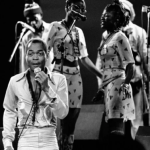


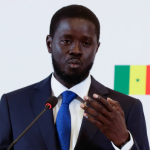
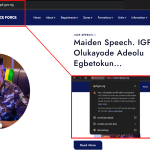
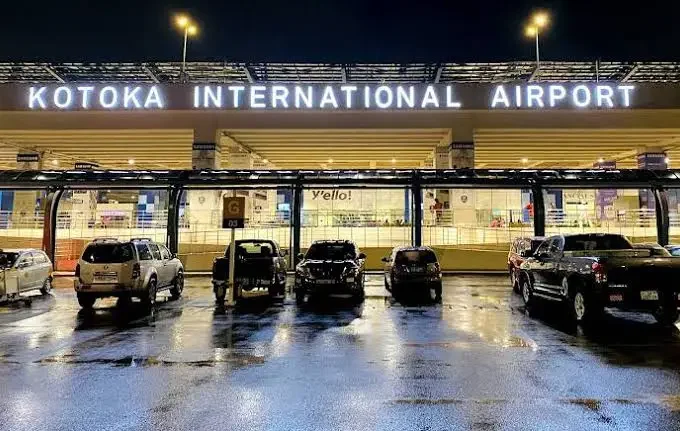
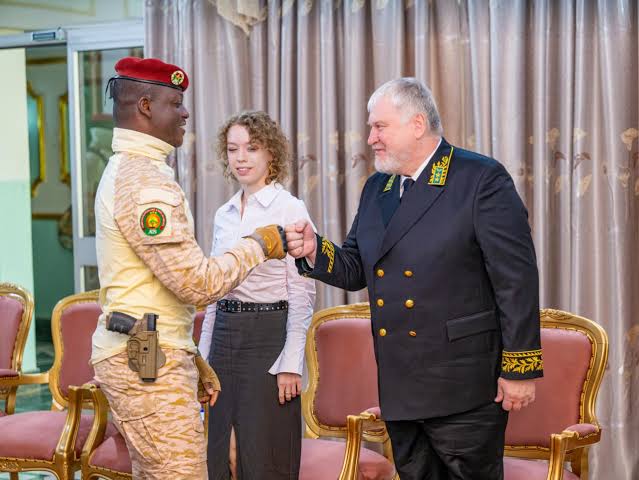


Leave a comment